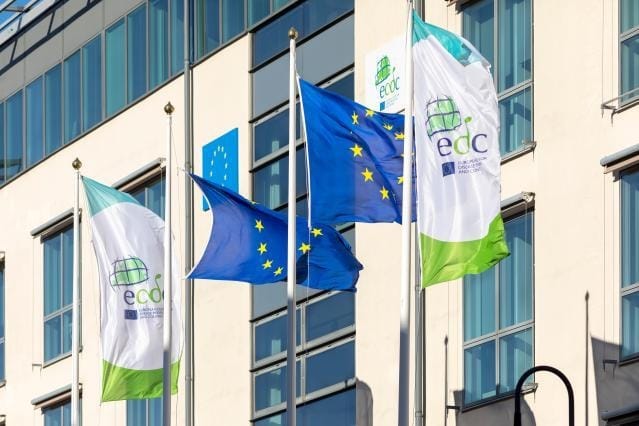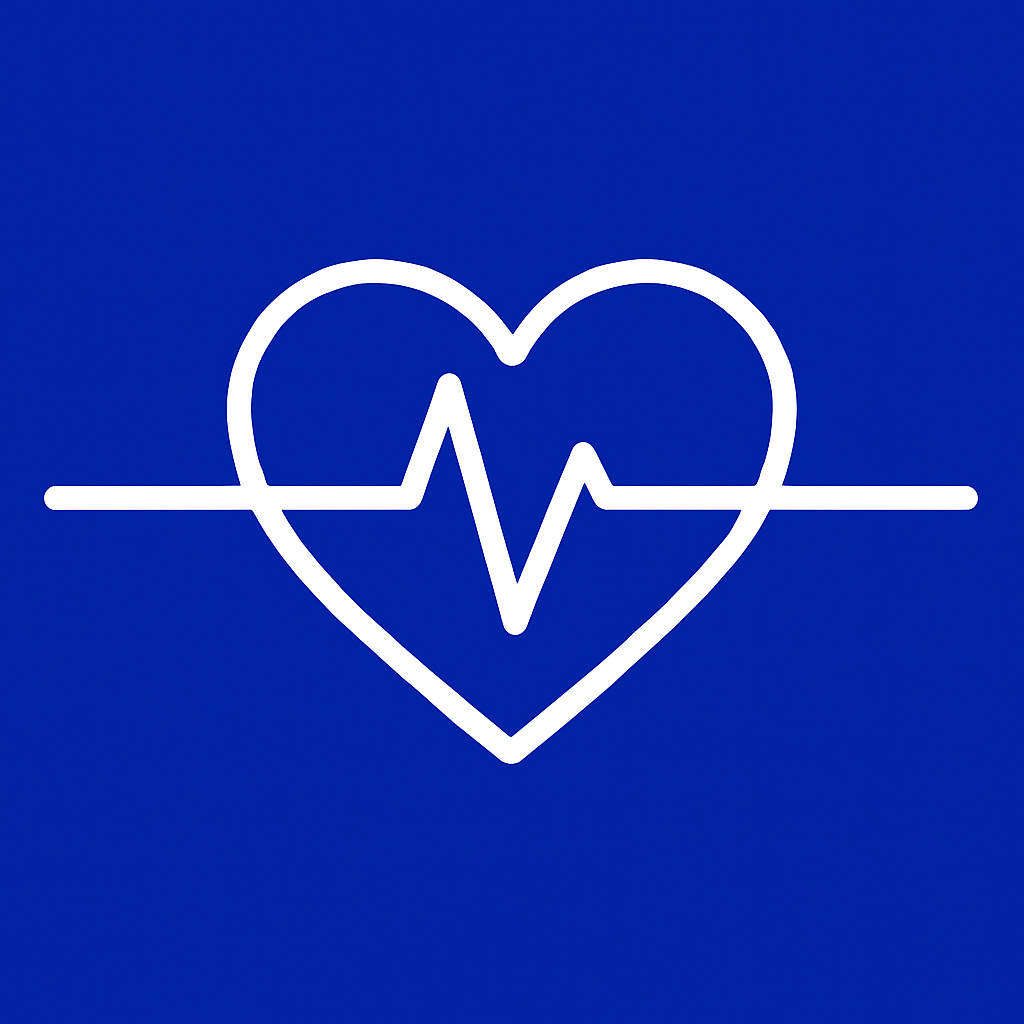ECDC marks 20 years of operation and looks to future threats
The European Centre for Disease Prevention and Control reflects on two decades of crisis response and looks ahead to emerging threats

The European Centre for Disease Prevention and Control (ECDC) is celebrating its 20th anniversary with an event highlighting the Agency’s achievements over the past two decades and looking ahead to the future of public health in Europe.
“Health security is a cornerstone of Europe’s future,” said ECDC Director Dr Pamela Rendi-Wagner. “Investing in public health saves lives, strengthens our economies, and builds trust in our societies.”
A tale of two coronaviruses
The agency was established in 2005 in the wake of the SARS outbreak. Following the COVID-19 pandemic, the Agency’s mandate was expanded to enhance crisis preparedness and support for EU member states.
From an initial staff of 35 in 2005 it has grown to 361 in 2024, but is still much smaller than its US equivalent the CDC. By comparison, in 2020 the US Center for Disease Control and Prevention (US CDC) had a broader remit covering communicable and non-communicable diseases and around 10,000 employees and a budget of US$ 8839.9 million/year, with staff working across the globe to detect and control outbreaks at their source.
“Since ECDC was established, the world around us has profoundly changed,” said Dr Rendi-Wagner. “The next 20 years will demand even more collaboration, innovation, and resilience to keep 450 million Europeans safe.”
Future threats
Looking into the future Professor Henrik Ullum, CEO of Denmark’s Statens Serum Institut said:
"Digital surveillance of infectious diseases and AI are tools we should really embrace to tackle future health threats. We really need to improve our data as without good data, we cannot have good AI."
Professor Marion Koopmans of Erasmus Medical Centre called for some humility in predicting future challenges: “Preparing for response is important, but we can't know everything. Flexibility in mindset and flexibility in who we work with is important."
"Will we see kinetic war like in Ukraine? Will we see a more hybrid war affecting the enemies health? We are seeing a future with a lot of unknowns,” said Chair for the Committee of the Chiefs of Military Medical Services in NATO (COMEDS) Brigadier Petter Iversen.
Among the guests were the two European Commissioners who deal with health and crisis preparedness Olivér Várhelyi (Health and Animal Welfare) and Hadja Lahbib (Equality, Preparedness and Crisis Management).
